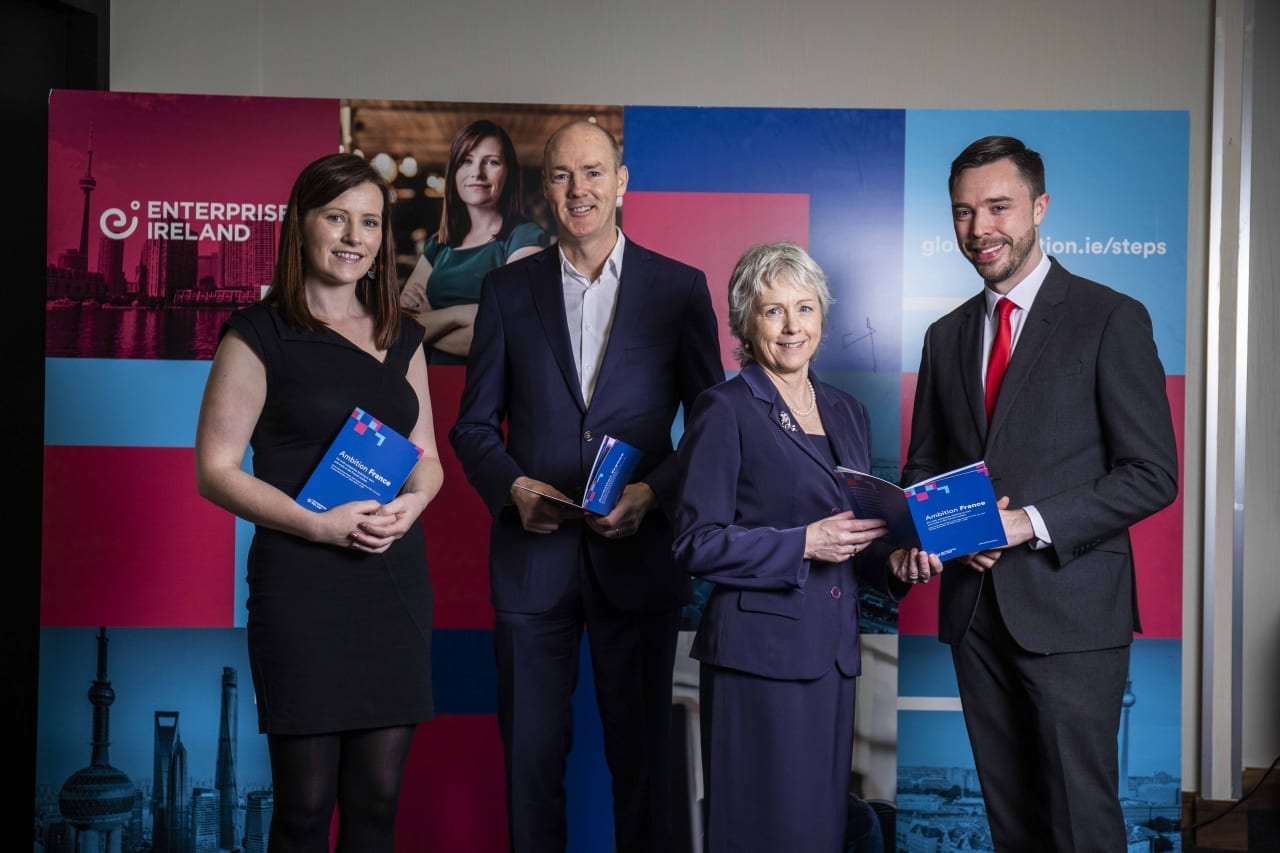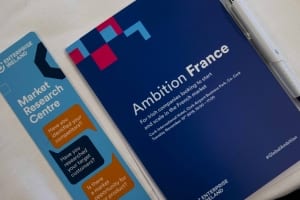France is the most visited tourist destination in the world. Almost 83 million visitors a year make the trip to one of the most culturally rich and diverse countries in the world – and it’s easy to see why.
But visiting as a tourist, as many Irish people do, only scrapes the surface of the French psyche. How France deals with visitors is not always the same as how French business is conducted and it is important to discern the difference.
Irish business culture has evolved into an open, often informal and flexible solution-based environment, driven both by Irish innovation and the requirements of multinational partners. Given that we are an export-driven economy, we are outward facing by default and used to finding bespoke solutions.
How French business culture differs from Ireland
It could not be a more contrasting picture in France. French business culture can appear formal to the point of excess, governed by layered hierarchy and tiered bureaucracy.
Combined with French pride in putting their native tongue foremost, it may appear, at first, a difficult cultural barrier to overcome.
At Enterprise Ireland’s most recent Ambition France event, Irish exporters shared first-hand experience of French business culture.
By following the well-trod path to the UK, the US and the English-language friendly Benelux regions, Irish firms could be missing out on opportunities to break into one of the world’s richest countries. France remains a €2.5trn economy, with consistent growth. It is the world’s seventh-largest economy and the third biggest in the Eurozone.
However, for an Irish business keen to enter France, who has done its market research and established its product fit, it will soon become clear why the formality and ‘red tape’ exists.
France loves detail. Bureaucracy is there to establish – and protect – quality. Rather than act as a barrier for entry to the market, it levels the playing field for all competitors. It also means negotiations can be lengthy, and unlike the transactional price-based nature of, for example, the Netherlands, quality and attention to detail will be weighted highly in French business.
“It can seem bewildering,” Michael Stack, Managing Director of Tricel, the Killarney-based composites manufacturer told the conference.
“But the rules are applied fairly and squarely. No-one is trading within our market outside of the regulatory system. It’s not just a rules-based country, it’s a rules-based country where rules are enforced. That makes it fair for everyone.” says Stack.
How to do business in France
It’s why, when doing business in France, one of the most common words heard in meetings will be “Non”. This is not a negative but actually the first step on the road to “Oui”. “Non” forms the basis of a discussion with your intended partner or client that will deal heavily with specifics and navigating French regulatory compliance.
“No doesn’t always mean ‘no’,” Nicola-Marie O’Donovan, Senior Agile Coach from BlaBlaCar, told delegates. “It will likely be the start of a conversation. In Ireland, we tend to say ‘yes’ too quickly. In France, an argument is usually the precursor to a discussion.”
Formality must not be disregarded, even in looser cultural environments, such as the tech sector. Resist the urge for small talk and never ask personal questions unless invited to do so.
Within French organisations, it would be expected to inform senior figures ahead of team members of developments, even if it would seem to be non-essential information. Protocol matters.
Language skills will be mandatory if an Irish firm is to deal successfully in France or deal with French business partners. French is preferred and having a native French speaker on staff sends a very strong signal of your intent. It is quite normal to have a presentation deck in English but the discussion in French.
Do not underestimate French pride in their language. Make the effort to have marketing and web material accurately translated, preferably by a native French speaker.
“We went to a trade show early on in our venture in France and set up our display with our banner in French but it contained a grammatical error. Every single person who walked by our stand stopped and pointed it out,” Stack told the conference.
Get support from Enterprise Ireland
Language can be resolved, of course, with key hires and outsourced translation. Enterprise Ireland’s own GradStart programme will part-fund salaries of individual graduates with a language qualification in the key market helping to get your own boots on the ground in-country, something the French value highly.
Being there matters, agreed Eoin Licken, the Grenoble-based Commercial Manager of Tekelek:
“There is often surprise when a prospect sees me ringing on a French mobile, in French, and you can see the change of tone in the conversation as a result.” Eoin Licken explains.
If your product fit is right for France and you are prepared to adapt to French culture, be prepared for a rewarding foray into the market, said Stack. He added: “If you a want a market where you can compete, where quality is valued rather than cost, then you should seriously consider doing business in France.”






